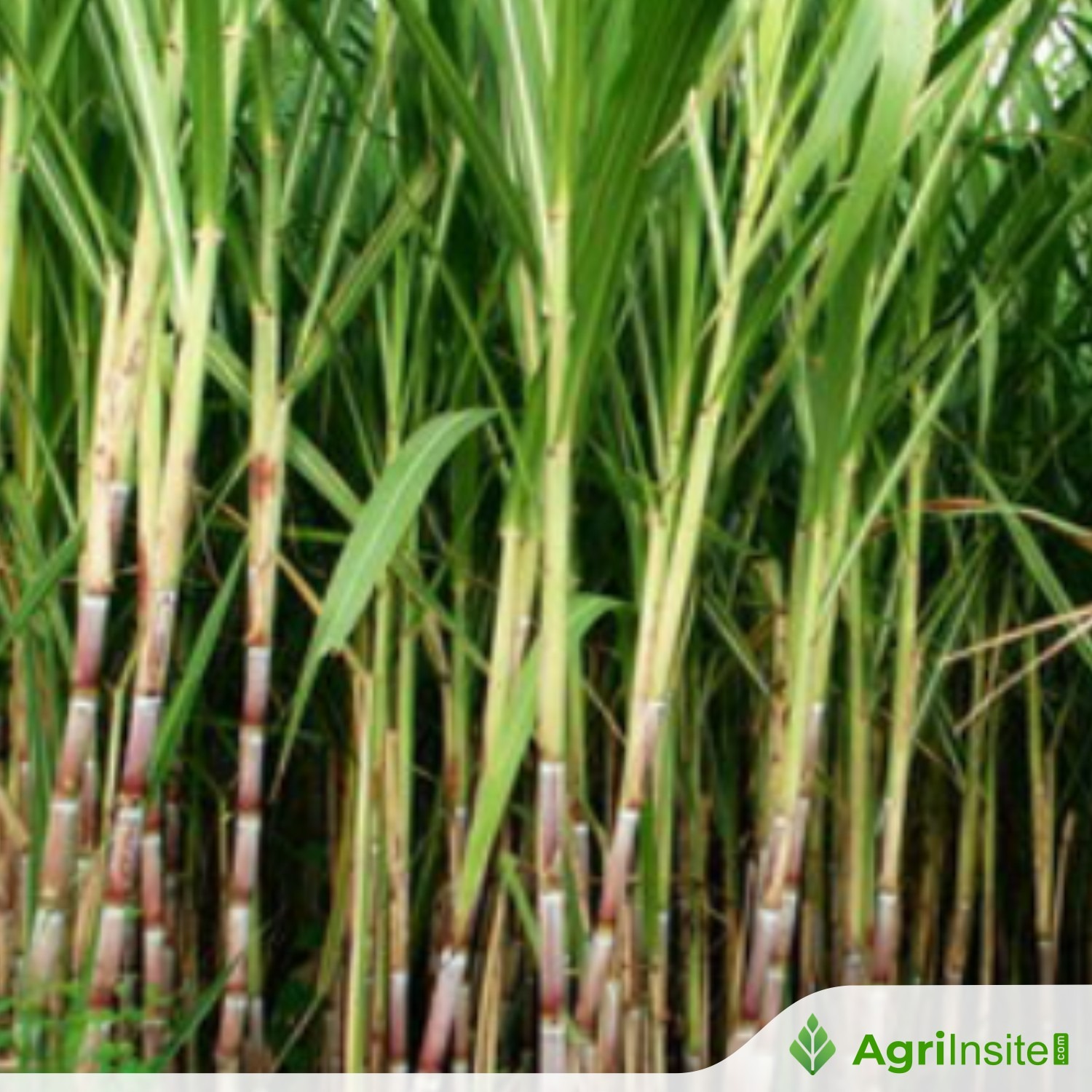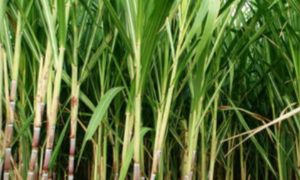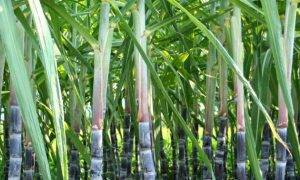Sugarcane farmers urge Tamil Nadu government for subsidy scheme amid rising labour costs

Sugarcane farmers in Dharmapuri face rising labour costs, leading to reduced cultivation. Only 878 hectares were planted in 2024, down from 2,800 planned. Farmers demand a special subsidy or higher prices per tonne to sustain profits. Labour shortages worsen the crisis, forcing many to shift to alternative crops. The government is reviewing their requests.
DHARMAPURI: Sugarcane farmers in the district are distressed by increasing labour costs and have urged the state government to implement a special subsidy scheme that would provide them assistance during harvest season.
Dharmapuri was once a major producer of sugarcane, but over the years, erratic climatic patterns, water shortage and rising labour costs have resulted in a decline of cultivation area. In 2024, sugarcane was planned to be cultivated in 2,800 hectares, but only 878 hectares saw actual produce. Farmers attribute this decline to a lack of profits which arises out of limited labour and increasing costs.
The Tamilaga Vivasayigal Sangam state president told TNIE, “Nearly two decades ago, the state government set up two mills here, owing to the high production. But now, the produce is barely enough to run one mill. A tonne of sugarcane gives us about Rs 3,750, but we lose over Rs 2,000 to labour charges. Therefore, farmers are choosing alternative crops,” he said.
Another farmer, R Tamilselvan from Palacode said, “It is difficult to find labourers. As the harvesting period is seasonal, labourers seek other employment in off seasons. Labourers who are willing to work will require high wages. We cannot afford this without losing out on profits. Either the prices of sugarcane must be increased to at least Rs 5,000 per tonne or the mills must pay some assistance for tackling labour charges.” When TNIE spoke to the agriculture department, they said, “The farmer’s demand has been forwarded to the state government, Now it is up to them.”
To read more about Sugar Industry continue reading Agriinsite.com
Source : The New Indian Express
















